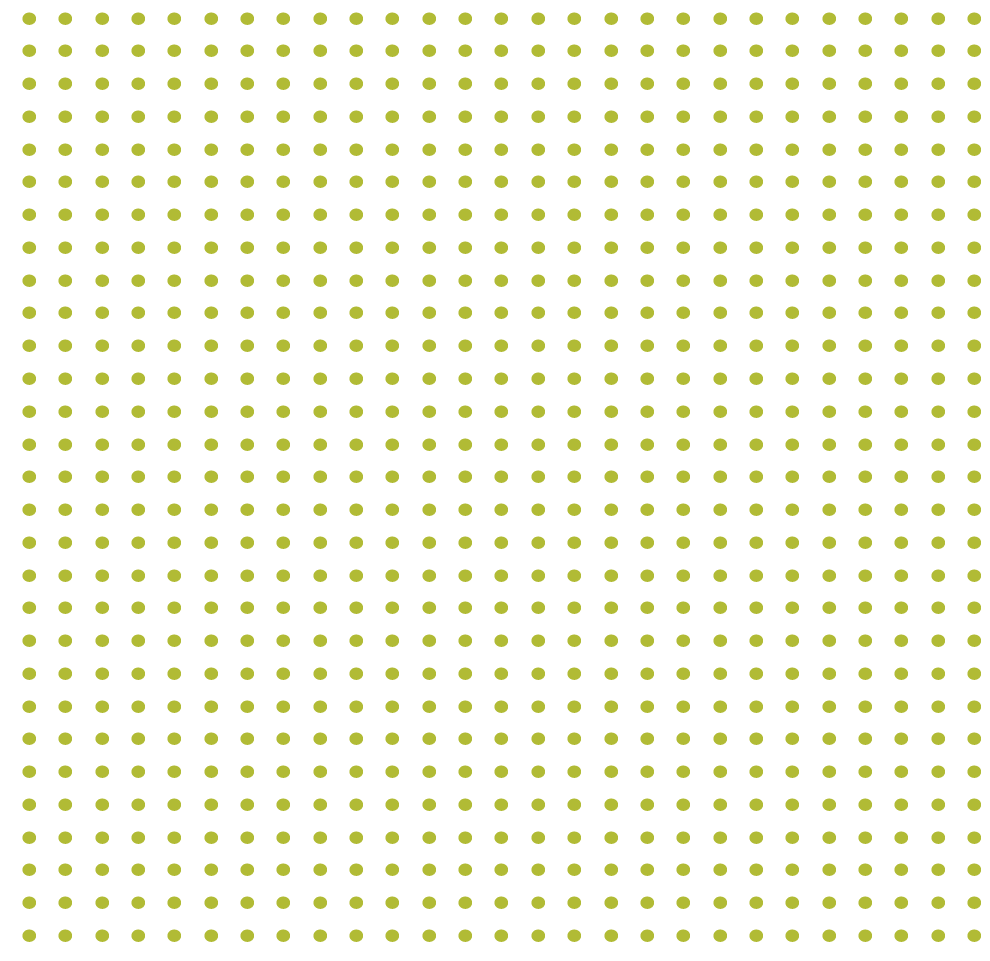Why declare a B.A. Major in EES?
Lots of reasons! EES might intrigue you, but you have law, medicine, or business as a career goal. Maybe you want to be a scientist, but your specific interests don't quite match our B.S. program. Perhaps work, athletics, or a double major make an EES B.S. too hard to squeeze in. Or maybe you're just interested in the science of the environment as a cool, interesting liberal-arts degree.
Our B.A. is flexible, simple, and gives you plenty of chances for field work if that's to your liking. A basic program leaves plenty of room for double-majoring, building career credentials, or exploring the wealth of offerings available here at Lehigh. On the other hand, by working with your advisor and keeping an eye on our B.S. requirements, you can build a rigorous B.A. that will get you into grad school and beyond.
Requirements
The B.A. involves 33 credits in EES and 8 credits of collateral science and math. After completing all other University and College requirements, you would still have 54 credits to spend exploring other areas, studying in related fields, or doing a double major. Here are the simple steps you need to follow:
- Meet the basic University and College requirements (at least 25 credits):
- College Seminar (3 credits)
- English Composition: 2 courses (6 credits)
- Distribution requirements: at least two humanities courses for at least 8 credits and at least two social-science courses for at least 8 credits (16 credits).
- Fulfill the junior writing requirement, preferably within EES. EES 200 can usually serve in this regard, but check with the department to verify this or see what other EES courses might be designated writing-intensive.
- Meet the B.A.'s math and collateral-science requirements (at least 8 credits):
- One semester of math equivalent to Math 12 or above for at least 4 credits
- One additional course from Chemistry, Math, or Physics, for at least 4 credits
- Note: If you're interested in a technical career or in a graduate degree in the sciences, you should take at least two more math and collateral-science courses chosen in consultation with an advisor (for a total of four courses in this category).
- Take the EES core sequence:
- EES 80 (Introduction to the Earth System)
- EES 200 (Earth History)
- EES 380 (Senior Seminar in EES).
- Take six major electives for 24 credits:
- Six EES courses at the 100 level or above
- EES internship (EES 293) and EES Research (393) can apply to major electives up to a maximum of 8 credits, of which up to 4 credits can be EES 293


